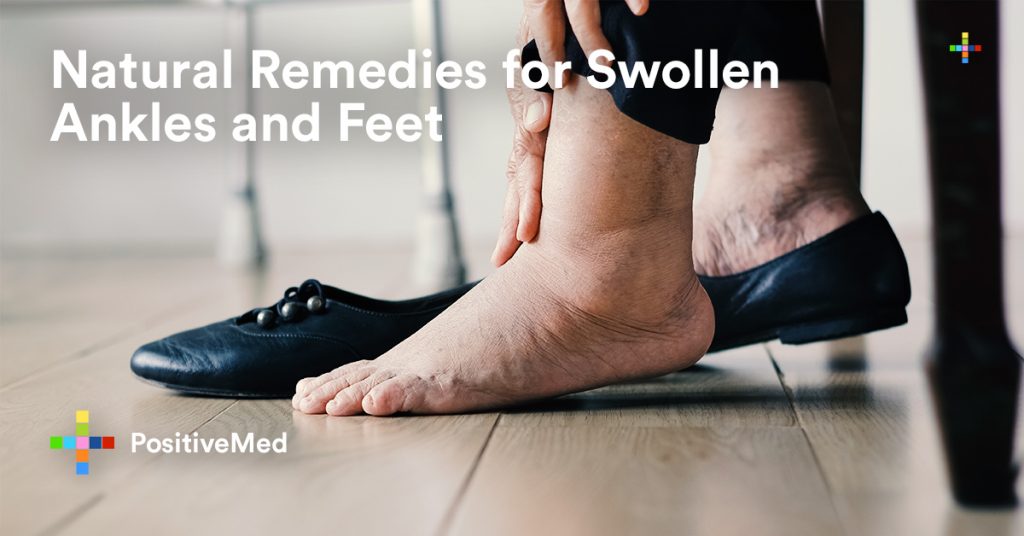Khrystyana Kirton
Edited by Stephanie Dawson
Reviewed by Nima Shei MD
Swollen ankles and feet are called edema, and there are many things that can cause the problem, from high blood pressure to pregnancy. What’s happening is that the body is having trouble fighting gravity to move blood and fluids back up the legs, so the ankles, feet, and even the entire leg can begin to swell.

Edema
on its own is not harmful, but it is uncomfortable. If one foot or leg is a lot more swollen than the other, or face is swelling, too, it’s a good time to consult a doctor because the cause could be a blood clot and that’s the sort of problem that time will not help at all. According to the Texas Heart Institute, about 6 million Americans have a blood clot, or thrombus, in a vein at any given time. Blood clots are caused by reduced blood flow, which allows a clot to form. Injury to a vein or physical inactivity can also cause a blood clot.
That uncomfortable swelling is not actually a disorder, just a symptom, and the best way to treat it is to treat the root cause. If the swelling is due to pregnancy, it should go down not long after delivery. Talk to a doctor to see what could be causing the swelling.
Swelling
can also occur as a result of an injury. In an injury, typically only one side of the body will be affected, but it is possible to injure both feet or ankles in a fall or car accident. According to the American Podiatric Medical Association, injuries such as fractures, strains, sprains, and dislocations often occur. An ankle sprain can cause both the ankle and foot to become red and swollen, as can a fracture in the foot or ankle. A dislocation in the ankle or foot may cause the foot and ankle to become red and swollen. There will also
Related link: A Common Habit That Caused Her Brain Swelling
Cellulitis
is a serious bacterial infection of the skin and another cause of edema. It most commonly affects the legs, ankles and, feet. Cellulitis occurs when bacteria invade through an opening or cut in the skin. The bacteria can also enter the skin via an insect or spider bite. The symptoms of cellulitis include red, swollen skin; pain and tenderness; and increased warmth in the affected area, along with a fever. Cellulitis that is spreading or occurs along with a fever requires evaluation by a physician immediately.
Venous insufficiency
Venous insufficiency is a
Other simple home remedies for edema include elevating the feet while resting, using a cold or heated compress on the affected area, mild to moderate exercise to increase circulation, and avoiding salty foods. Vitamin B6 will help reduce water retention in the body and is found in brown rice and red meat. Vitamin B5, calcium and vitamin D help in the excretion of excess fluids. Or add a magnesium supplement, less than 400mg – especially if pregnant.
Another at-home treatment is yoga, which can help improve circulation without putting too much pressure on the body. This one might sound a little odd, but soaking in room temperature – or cold, if it’s not too uncomfortable – tonic water can help with swelling. The quinine and the bubbles can help reduce inflammation, and frankly just soaking those poor, swollen feet feels great! Adding a healthy dose of Epsom salts to the tub is another way to boost circulation. Like using grapefruit essential oil (remember to use a carrier oil like olive oil!), just use a bucket, if baths aren’t your thing and you’re only having swell in feet and ankles. If the calves are swollen, too, a bath is probably the best bet. If there is no noticeable improvement of symptoms after a week, perhaps a change in medication is in order. In any event, if one has tried these without effect, it is time to see a doctor.
Disclaimer: This article is for informative purposes only, and should not be used as a replacement for expert medical advice






